When you’re building a new site or just looking to freshen up your current one, content is always the foundation on which you should build. While the importance of content doesn’t decrease dependence on the industry, there’s a lot to say about the strength of it when determining a healthcare website’s performance. From getting your rankings for a specific procedure up to page one, to making sure that you’re fully compliant, here are a few reasons why you shouldn’t skimp out on creating meaningful, readable content for your medical site!
…

Read more



